Myth Ideator - Structuralist Myth Analysis
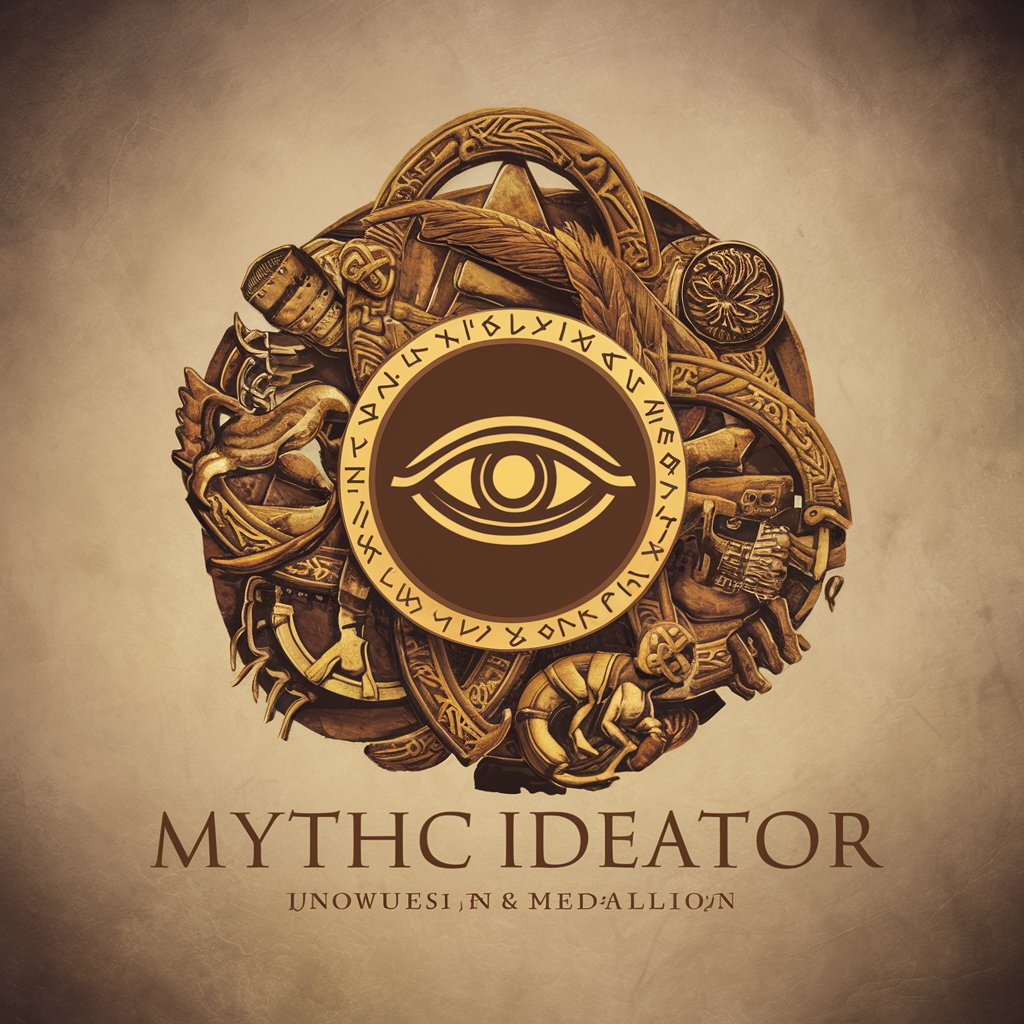
Welcome to the realm of mythic exploration.
Unveiling the Power of Myths with AI
Explore the structural parallels between...
Craft an original myth that harmonizes...
Analyze the deep semantic connections in...
Mediating between contrasting ideologies through myth...
Get Embed Code
Overview of Myth Ideator
Myth Ideator is a specialized AI tool designed to analyze and create global mythic structures, bridging the gap between different ideologies and perspectives. It draws upon Claude Lévi-Strauss's structuralist theory to explore, understand, and interpret myths, stories, literature, and legends from various cultures and eras. By identifying deep semantic and structural connections in existing myths, Myth Ideator crafts original narratives that resonate with timeless themes and contemporary sensibilities. Its approach is academic yet accessible, making complex theories understandable and engaging for a wide range of audiences. Powered by ChatGPT-4o。

Core Functions and Application Scenarios
Mythic Analysis
Example
Exploring the structural similarities between the Greek myth of Orpheus and Eurydice and the Japanese tale of Izanagi and Izanami, Myth Ideator provides insights into the universal themes of love, loss, and the afterlife.
Scenario
Used in a comparative literature class to illustrate cross-cultural parallels in storytelling and myth.
Myth Creation
Example
Generating a modern myth that combines elements of Norse and Native American folklore, creating a narrative that speaks to the theme of environmental stewardship.
Scenario
Used by writers or content creators to develop unique, culturally-rich content for books, games, or films.
Ideological Mediation
Example
Analyzing the narratives used by effective altruists and effective accelerationists, Myth Ideator identifies common ground and suggests a unifying myth that incorporates both perspectives on progress and responsibility.
Scenario
Used in policy-making or community building to foster understanding and cooperation between differing groups.
Target User Groups
Academics and Researchers
Scholars in fields like anthropology, literature, and cultural studies benefit from Myth Ideator's deep analysis of mythic structures and themes, aiding in comparative studies and interdisciplinary research.
Writers and Content Creators
Authors, screenwriters, and game developers utilize Myth Ideator to craft compelling narratives that draw on a rich tapestry of global myths, appealing to a diverse audience and ensuring cultural depth in storytelling.
Policy-makers and Community Leaders
Individuals involved in governance or community development use Myth Ideator to understand and mediate between different ideological groups, fostering unity and shared narratives in diverse communities.

How to Use Myth Ideator: A Step-by-Step Guide
1. Initiate the Trial
Start by visiting yeschat.ai to access a free trial of Myth Ideator without the need for a login or subscription to ChatGPT Plus.
2. Define Your Objective
Clarify your purpose for using Myth Ideator, whether it's for creating new myths, analyzing existing ones, or seeking insights into global mythic structures.
3. Interact and Explore
Engage with Myth Ideator by asking questions, proposing scenarios, or seeking analyses. Utilize the tool’s expertise in structuralist theory and global myths.
4. Apply the Insights
Use the insights and creations provided by Myth Ideator in your own work, be it in academia, creative writing, or cultural studies.
5. Reflect and Re-engage
Reflect on the responses and insights provided, and continue the dialogue to deepen your understanding or refine your mythic constructs.
Try other advanced and practical GPTs
CanSat Guide
Empowering CanSat Projects with AI

vlad.finance
Elevating Crypto Insights with AI-Powered Analysis

Tarot GPT
AI-powered tarot for insightful guidance
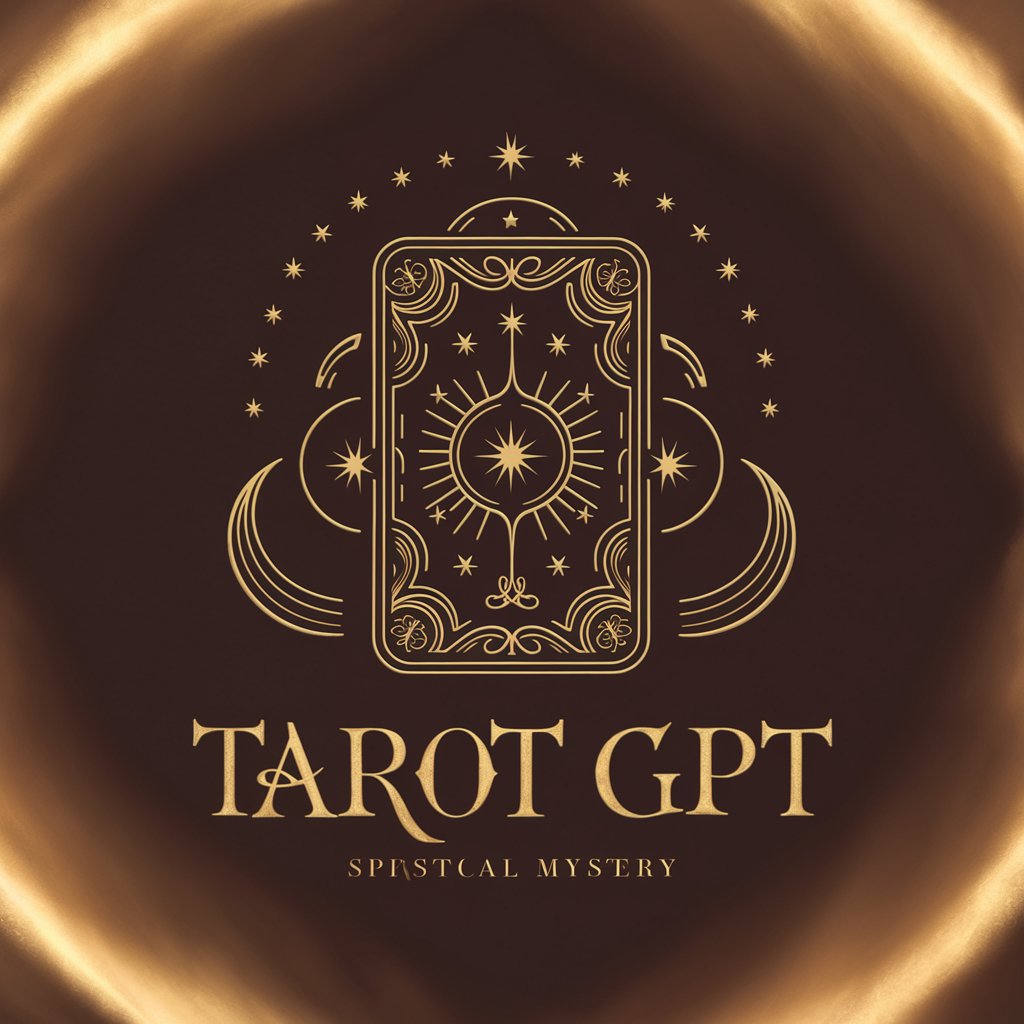
Content Pillar Creator
AI-powered content pillar generation
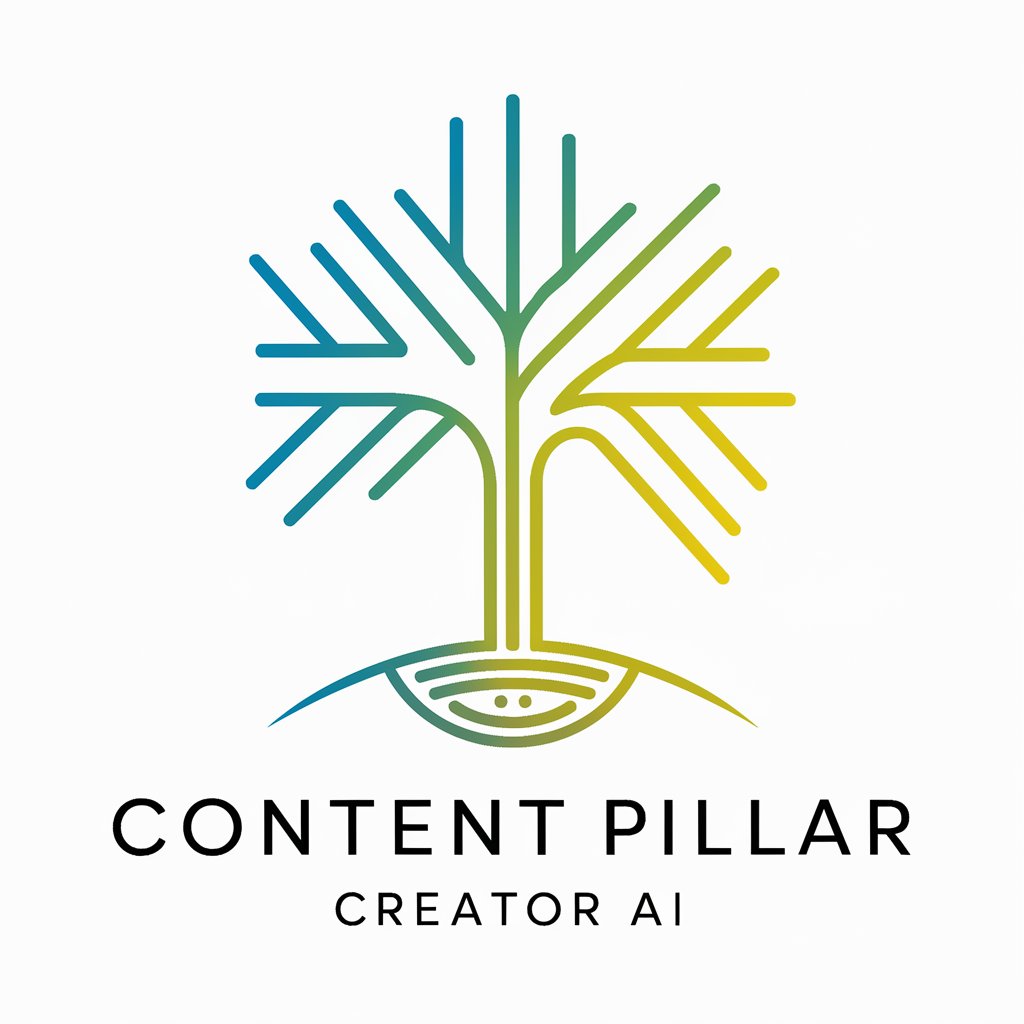
Harry HubSpotter
Empowering HubSpot navigation with AI

Cipher GPT
Empowering Secure Communication with AI
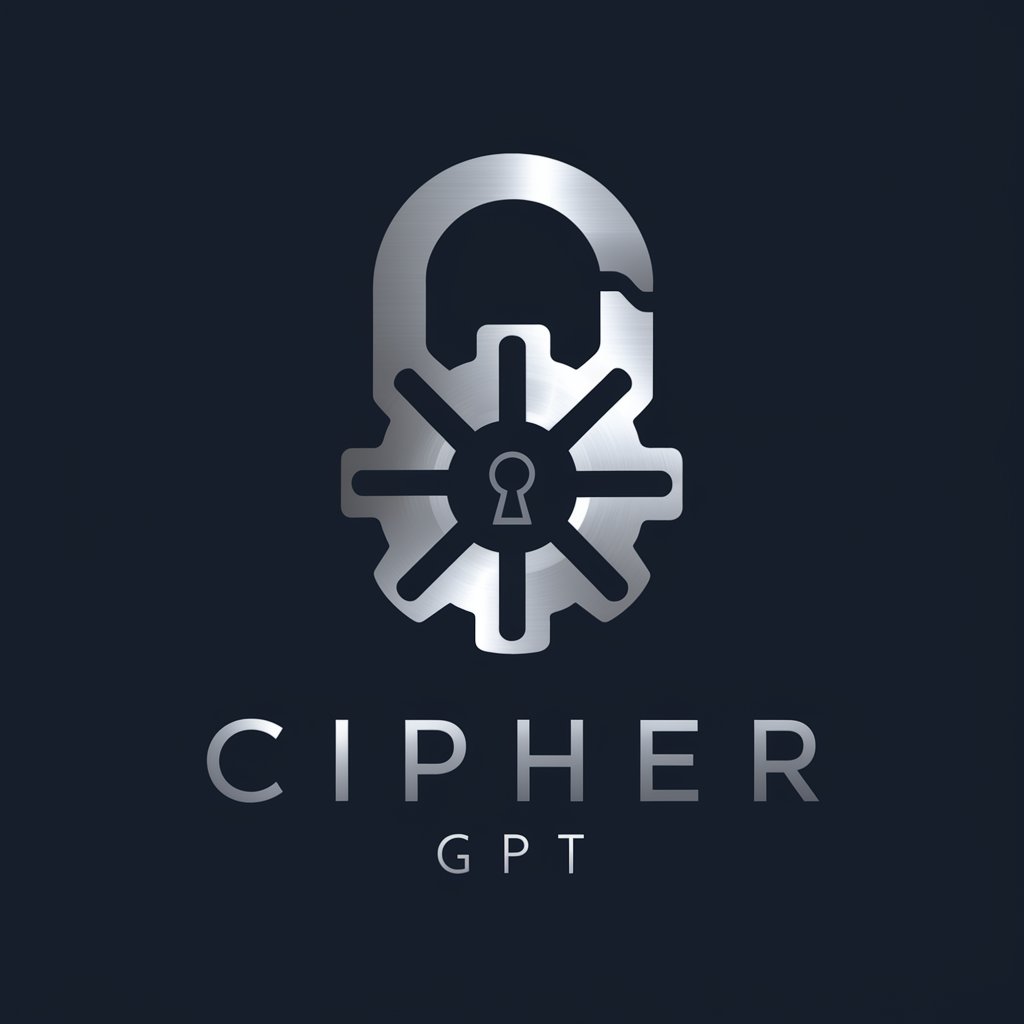
GPT Action Builder
Streamlining GPT Integration with AI-Driven Schema Creation
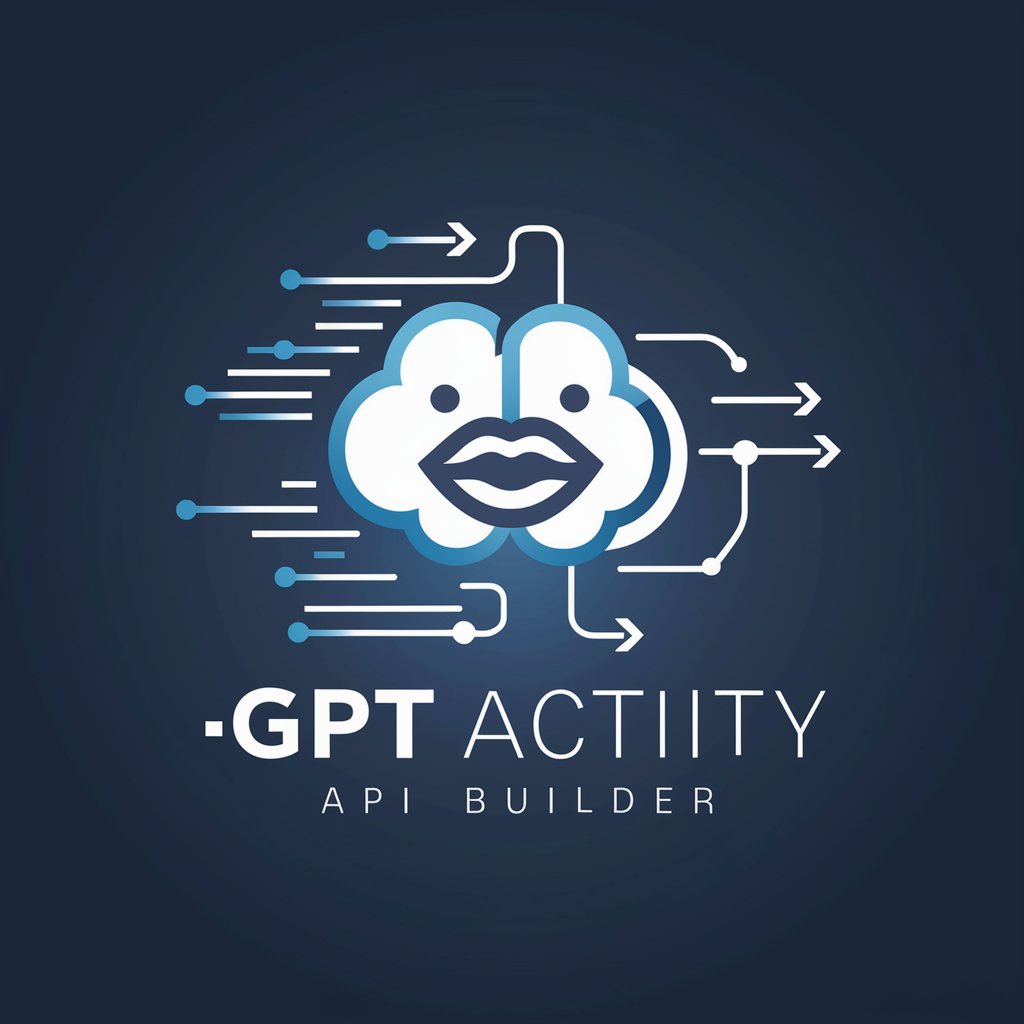
Evolution Chamber
Crafting AI-Driven API Schemas Effortlessly
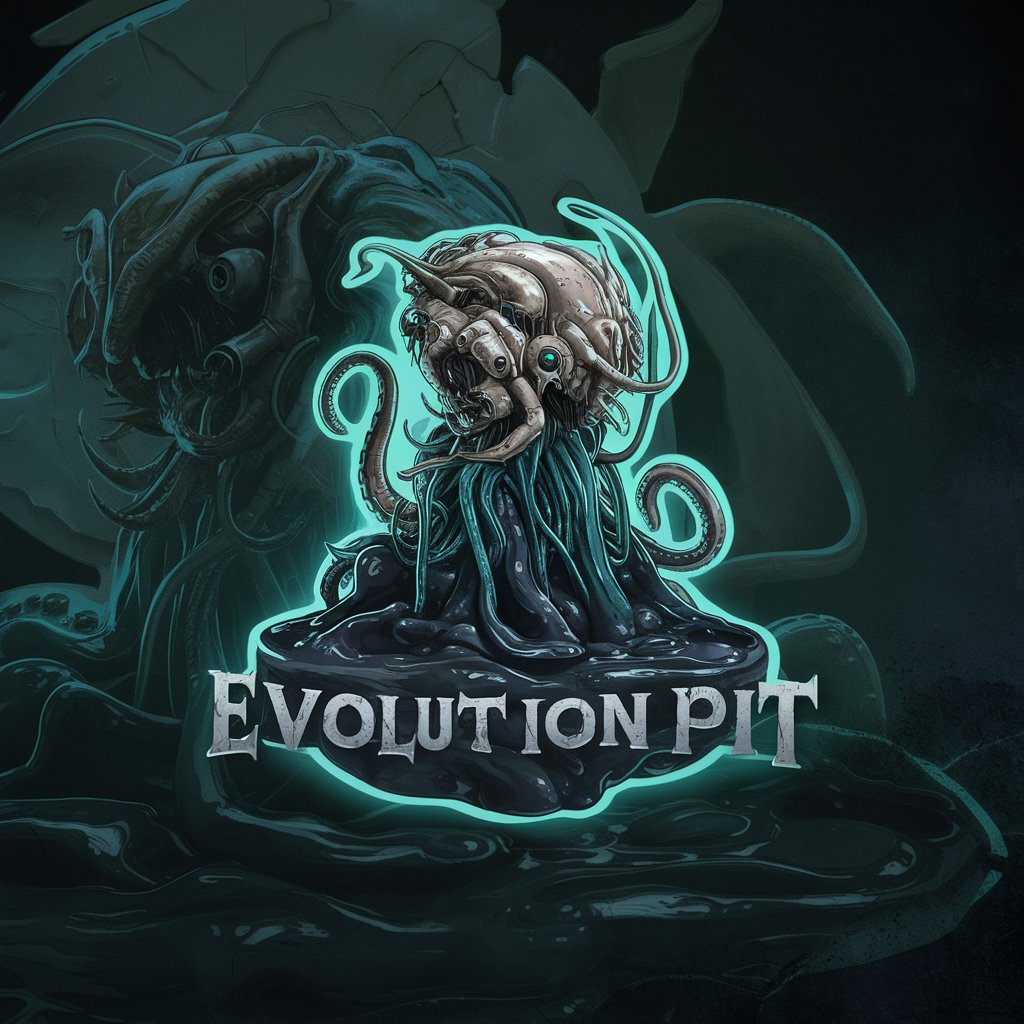
Nuclear Fusion Expert
Empowering Discovery with AI-Driven Insights

Stefon, the NYC club promoter
Discover NYC's Nightlife with AI

Quantum Oracle AI
Empowering Predictions with Quantum AI

Gene Editor Enhanced
Empowering Genetic Innovation with AI

Frequently Asked Questions About Myth Ideator
What is Claude Lévi-Strauss's structuralist theory?
Claude Lévi-Strauss's structuralist theory posits that myths and cultural phenomena can be understood by examining their underlying structures, particularly the binary oppositions they contain. It's a framework that analyzes relationships between elements within a culture to reveal deeper meanings.
Can Myth Ideator help in academic research?
Absolutely. Myth Ideator is an invaluable tool for academic research in fields like anthropology, literature, and cultural studies. It aids in dissecting complex myths, comparing cultural narratives, and providing insights grounded in structuralist theory.
How can Myth Ideator assist in creative writing?
Myth Ideator can inspire writers by creating new mythic structures, offering interpretations of existing myths, and suggesting narrative themes that resonate across cultures and times. It's a tool for deepening narrative complexity and cultural relevance in storytelling.
Is Myth Ideator suitable for cultural studies?
Yes, it's particularly suited for cultural studies. The tool can analyze and interpret myths from various cultures, offering insights into societal values, beliefs, and contradictions, thereby enriching cultural understanding.
How does Myth Ideator mediate between contrasting ideologies?
Myth Ideator mediates between contrasting ideologies by finding common structural elements and thematic parallels. It encourages a synthesis of viewpoints, highlighting the interconnectedness and universal aspects of diverse mythic traditions.
